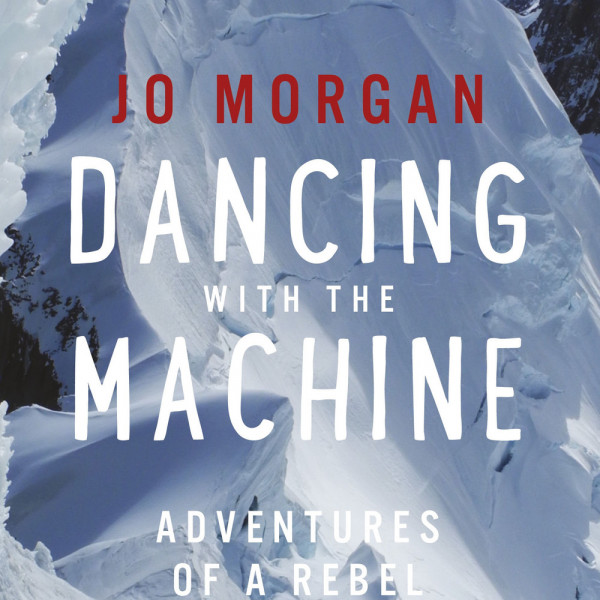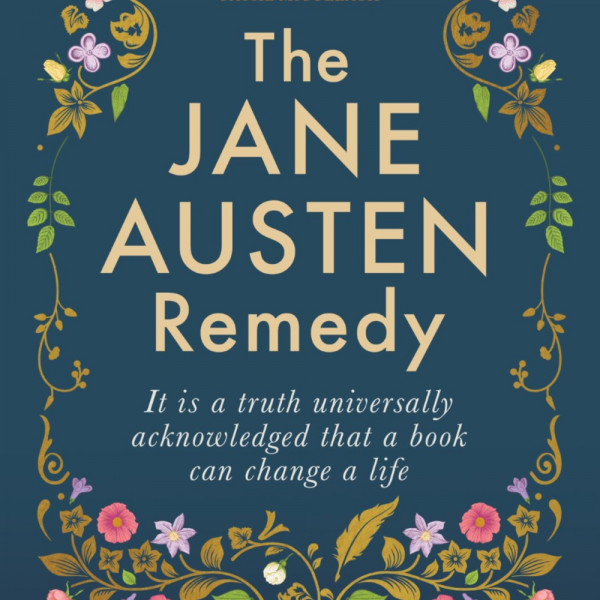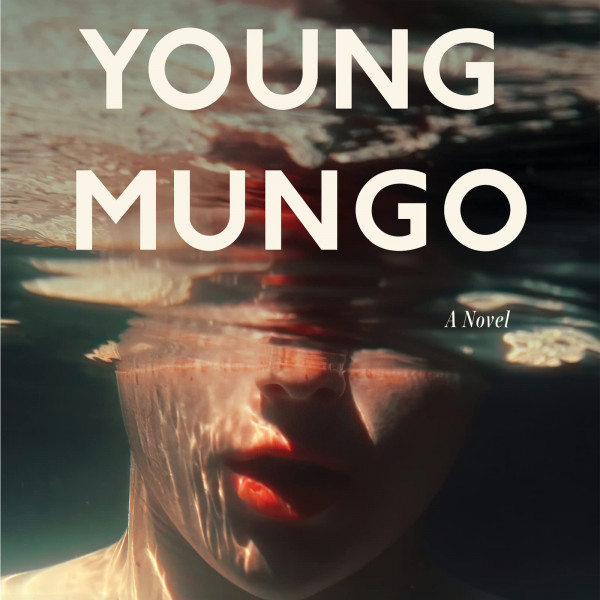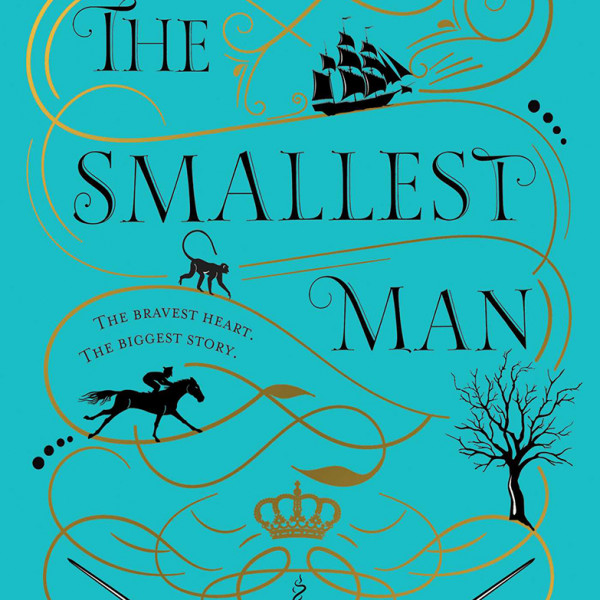
Too Much Hair
Presented by: Butch Mermaid
Created by: Ania Upstill and William Duignan
BATS Theatre, 24th May 2022
Reviewed by: Madelaine Empson
Too Much Hair is a musical cabaret about gender euphoria (the state of bliss and comfort that happens when our gender expression is aligned with our identity). Starring Ania Upstill, William Duignan, JTHAN Morgan, and Felix Crossley-Pritchard, it feels like hanging out with your friends at a house party. With a band. And rainbow glitter everywhere. Everyone’s wearing sequins. You’re inside but you can pretty much guarantee unicorns and bunnies are frolicking around in the garden, where there are almost certainly fairy lights strung up in the trees. Honestly, it feels like the best house party ever.
Joyful is the best word for Too Much Hair and I’m going to keep coming back to it, not for a lack of access to a thesaurus, but because it’s the most appropriate and accurate way to describe this show. It makes me feel joyful and the cast radiates joy at every turn, particularly in songs like Joyfriend (complete with rap segment, kudos Upstill) and Affirmed in a Bookshop, a rocky number with killer guitar riffs by Duignan and rowdy vocals from Crossley-Pritchard, who plays keys beautifully throughout the show.
The structure is much like a concert, where audiences are treated to a considered setlist with interludes of banter outlining the context of the songs. Spoken word poems are woven throughout, with the three-part Traveller a poignant highlight. Tony Black’s lighting design captures the starlight in the performers’ eyes in these deep and emotional segments that fill my tummy with butterflies.
Another highlight is Morgan’s jaw-dropping performance of Monster, with powerhouse vocals that elicit many a whoop from the starstruck crowd. Monster further illustrates co-creators Upstill and Duignan’s expert navigation of the bouncy and the still, the moving and the silly, the joyful and the tender.
Too Much Hair moves a mile a minute and is so fun. It knocks you right off your feet with colour and sparkle (costume design by Sarah Bell, set design by Jade Alborn). And the titular song? Still stuck in my head!






















